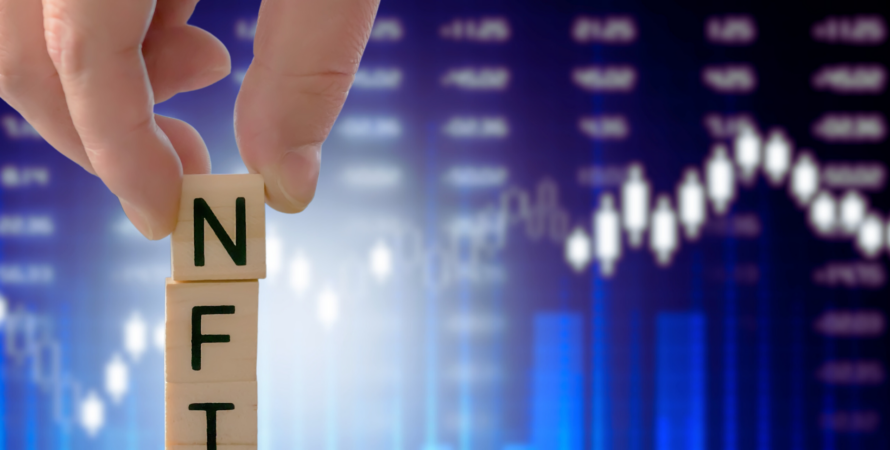- Ready-made NFT marketplaces are customizable and easy to set up, rather than starting from scratch.
- OpenSea Clone and Rarible Clone are some of the popular names in the domain.
Blockchain technology has, in the last few years, washed up non-fungible tokens (NFTs) on its shores, which have gained huge attention from beachgoers. Be it artists, digital creators, developers, celebrities, or collectors, all are walking up the beach to find the most unique NFT projects and invest in them. Everyone wants to experience the wave.
In addition to digital artwork, NFTs now encompass virtual real estate, films, music, and a number of other digital commodities, changing the concept of ownership. NFT marketplaces serve the role of any other market, where these NFTs can be listed, broadcasted, promoted, auctioned, sold, or bought.
Moreover, they act as a connecting bridge for buyers and sellers, and the reputation of the platform can influence the liability of the project. However, instead of starting from scratch and doing the same rigorous work, many companies are adopting the readymade NFT marketplace models. This helps them save their time and energy and utilize their resources for creating better content rather than development.
Ready-Made NFT Marketplace Features
The model is quick to adapt and set up, so it is functional in just a few days, instead of weeks. There are several customization options available to create a strong brand image and voice and engage the community right from the start. The different color schemes, logo options, and other features will help you get a head start with a unique market presence. Users will always look for security features before they trust their funds. Thus, these platforms come with robust security models and even future scalability prospects.
Any ready-made marketplace should come with basic features that align with the interests of the users. Foremost, the platform should have a simple yet attractive user interface (UI) that takes into account both experienced and newbie users. User experience plays an important role in building loyalty and spreading word of mouth.
Creators should easily mint their NFT projects on several major supported blockchain networks, like Ethereum, Solana, and others. The platform should charge low gas fees, encouraging new artists as well. Smart contracts play a major role in completing the transaction and providing ownership and loyalty fees. The marketplace should be compatible with complex smart contracts written in different programming languages.
As there are several NFT projects listed, users will want to search and filter to find one that matches their taste. Built-in advanced search and filter options will help users land on their desired project. Moreover, NFT projects survive primarily on hype, present trends, and community support. The platform should promote a healthy community, enabling users to express their views in open discussion, follow their favorite artists, and share their experiences.
Integration of a crypto wallet will help users conduct purchases directly from the website without the need for any third-party websites. A top-notch security model, with features like two-factor authentication, should be provided. Effective customer support will help the platform build strong recognition, as users ought to get confused while participating in NFTs. Moreover, the platform should abide by all the legal requirements of the regional laws as well as overall ethics in the crypto space.
Conclusion
The major platforms currently are OpenSea Clone, SuperRare Clone, Rarible Clone, Foundation Clone, AtomicMarket Clone, and several others, with the list continuously expanding. Several companies and users have already realized the potential of NFTs, and the market will continue to grow in the future.




